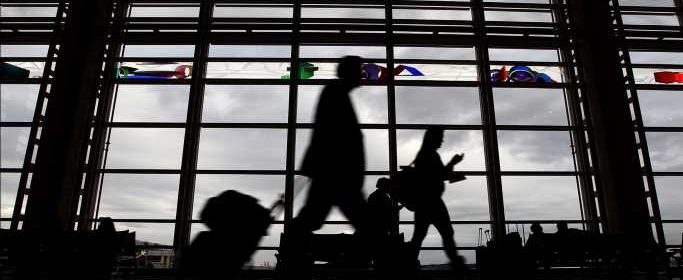COVID-19: Do This to Travel Safely

COVID-19 has started to spread like wildfire again across the United States, particularly in areas with low vaccination rates. Daily cases now rise at over 100,000 a day, a level last seen during the third wave at the start of the year. The fully vaccinated rate for people over 18 is 61%. In some southern states, that is well below 50%. As summer travel peaks, as it often does in August and through Labor Day, is there a practice to make it safer?
The AAA has come out with a list of suggestions to help protect people as they travel. These cannot be perfect because a small number of people who are vaccinated have become infected. However, few of these people have had severe symptoms, and fewer have gone to the hospital. Paula Twidale, senior vice president, AAA Travel, commented:
Whether and how to travel is a very personal decision. By and large, people who were planning to travel are still taking their trips, while being mindful to take precautions to protect themselves and others. The hottest summer travel destinations by far have been Mexico, Hawaii and popular cities throughout the U.S., as well as cruises to Alaska, Greece and the Caribbean.
First, the AAA suggests that people wear masks inside, no matter what their vaccination status is. Travelers should take supplies of masks because regulations change from state to state and are being updated every day.
Another AAA suggestion is that people be very careful at airports, which can be crowded. Air circulation on planes makes it unlikely people will become infected. However, some precautions will help people on the ground. One is TSA PreCheck, which moves people through airports quickly.
Some hotels are better than others when it comes to following rules to protect guests. People can plan ahead to make sure hotels have taken the best available safety options.
In terms of international travel, the Centers for Disease Control and Prevention has issued several precautions. By their nature, trips that involve long hours on planes pose more risk. And infection rates vary widely from nation to nation. The U.S. State Department keeps lists of countries where people should not go.
Finally, children under age 12 cannot be vaccinated for COVID-19, which adds a particular risk for younger families.
Click here to see which state gets the most COVID-19 vaccine from the federal government.
Get Our Free Investment Newsletter
Source: Read Full Article
